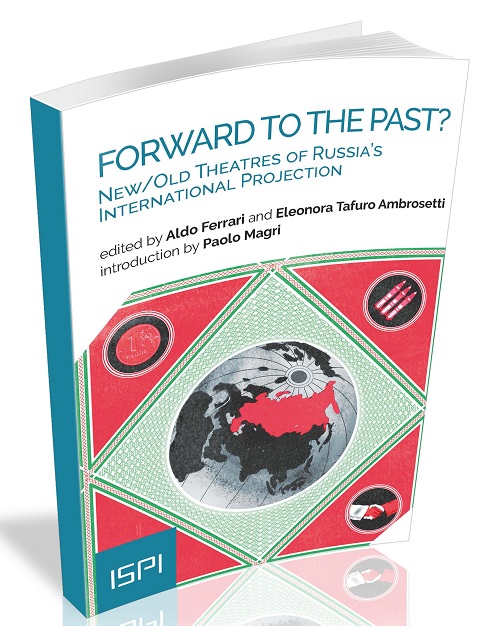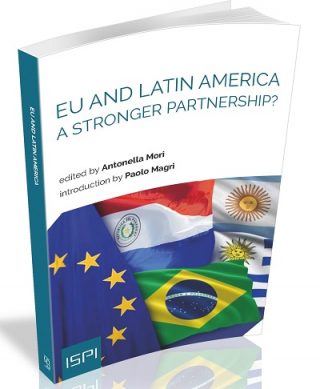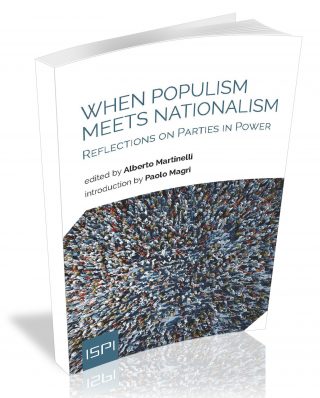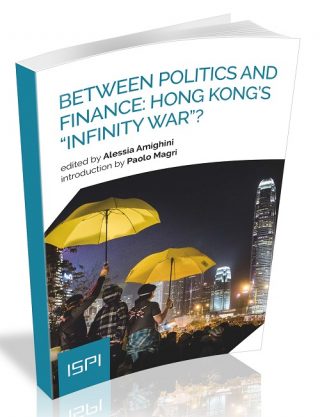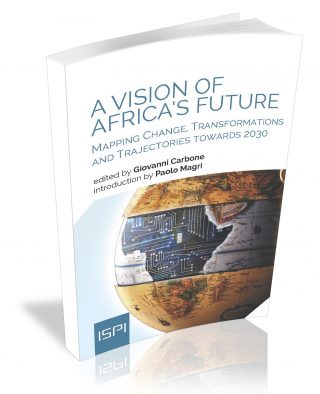Description
Russia seems to be back in many “old” theatres where the Soviet Union was actively engaged. More than a quarter of a century after the fall of the USSR, it is clear that Russia’s President Vladimir Putin has made restoring Russia’s great power status a primary goal of his twenty years in power. Political and historical links dating back to the Cold War have been capitalised upon to build fresh partnerships and cement or re-establish Russia’s influence in Africa, Latin America and the Middle East. Just as the Soviet Union supported Western communist parties and ran disinformation campaigns, today’s Russia is accused of meddling with the electoral processes of several Western countries. What are the elements of continuity and change when comparing Russia’s foreign policy with the Soviet Union’s?
This ISPI Report tackles the political, historical, military and economic dimensions of Russia’s return to old Soviet theatres of influence. In particular, it delves into their implications for the development of the multipolar world order long-advocated by Moscow.
ISPI. The Italian Institute for International Political Studies (ISPI) is an independent think tank dedicated to being a resource for government officials, business executives, journalists, civil servants students and the public at large wishing to better understand international issues. It monitors geopolitical areas as well as major trends in international affairs. Founded in Milan in 1934, ISPI is the only Italian Institute – and one of the few in Europe – to place research activities side by side to training, organization of international conferences, and the analysis of the international environment for businesses. Comprehensive interdisciplinary analysis is achieved through close collaboration with experts (academics and non-academics alike) in political, economic, legal, historical and strategic studies and through an evergrowing network of think tanks, research centers, and Universities in Europe and beyond.

